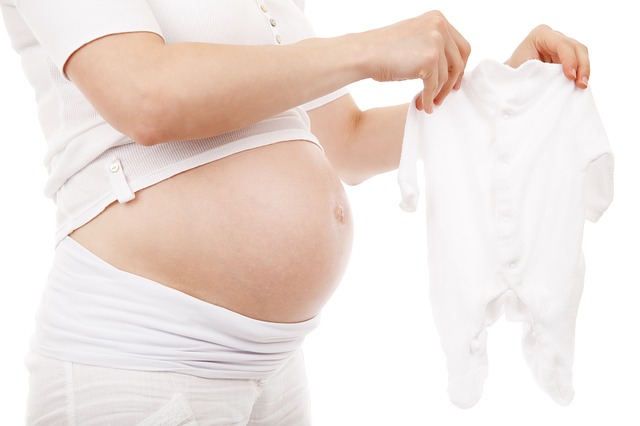A healthy lifestyle is the utmost requirement for every individual to live their lives actively. But some specific recommendation for surrogate so that they can bear the physiological changes during the fertility treatment and carry the fetus whole term and deliver a healthy child for other infertile couples.
The right food and balance fitness regimen are two key parameters to lead a healthy lifestyle. The nutritional choice is one of the important factors which must be taken care of for surrogate. A proper diet provides the environment wherein the fetus can develop and grow, whereas surrogate should avoid some chemicals exposure like pesticides and preservatives, certain seafood items which not only hamper the child growth but development issues may be extended in their adulthood also.
Select organic food
We usually thinking about chemical exposure means we should avoid alcohol, smoking and unnecessary drug usage during pregnancy, as they harm the fetus. These parameters are checked during the surrogate screening tests. But we usually ignore chemical exposure through foods.
In fruits and vegetable cultivation, application of chemical fertilizers and pesticides is a common cause of chemical exposure to surrogates, feeding or administering hormonal treatment to increase the production of meat, poultry, fish, dairy and seafood products also cause of chemical exposure. The chemicals present in these foods can cross the placental barrier and reach the fetus. These can cause developmental issues.
Organic food recommendation is one of the solutions to avoid such chemical exposure. These organic foods are expensive than non-organic products. Surrogacy is a complex as well as an expensive process. Therefore, the addition of organic food items does not markedly increase the budget, but safer options for surrogate as these reduce the chemical load in the fetus.
It is also recommended that fruits and vegetable should thoroughly wash in running water and soak them in a warm for a few minutes to dissolve all the dirt, artificial color, wax, and pesticides.
Apart from fruits, and vegetable, whole grain items, cooking oil, and other necessary food items for surrogacy also comes under organic purchase. Whole grains are the rich source of vitamin E and selenium,
Seafood consumption
Mercury is a heavy metal often present in seafood. Consumption of seafood often increases the risk of mercury. Heavy metal poisoning is extremely harmful to the neurological development of the fetus.
Salmon is a type of seafood contains a comparatively low amount of methylmercury levels than other seafood. According to the US FDA recommendation, during pregnancy, the 12 ounces of salmon per week eating helps to supply essential fatty acids like omega-3 fatty acids and protein. Both of these nutrients help in the development of the fetus. Experts suggested that consumption of low-mercury containing sea-fish and see foods eating during pregnancy has many potential benefits. Surrogate should discuss the selection of seafood items details with her dietician to avoid associated potential risks. Wild-caught salmon is a very good option for seafood-lover surrogates. But this variety of salmon is quite expensive than other variety.
Taking care of health needs
Surrogate may face some regular health issues during pregnancy like constipation, mood swing, etc. These health issues must not be ignored. Nuts, especially walnuts are a good source of fats and fibers. Fibers help to eradicate constipation and improve peristaltic movement to treat the digestive disorder. Polyunsaturated fat like omega 3 fatty acid has multiple health benefits, including elevation of mood. Beans are good sources of protein and fiber. incorporation of organically sourced beans is also a natural option to meet the need of the health of a surrogate during her gestational period.
Healthy Supplementation
Nowadays doctors recommended prenatal health supplements which contain essential vitamins, mineral, amino acids, and other nutritional substances to support the pregnancy. However, these supplements are not a substitute for a balanced diet. The state of physiology is changed very fast during pregnancy. Supplement intake at the prenatal stage helps to accept these changes to support the pregnancy without creating any harmful effect. Following are some common health supplement usually recommended by the doctor at the prenatal stage and some may continue during the gestational period also to support the growth of the fetus. Following are some generalized supplement guide. The doctor usually recommended some of these or all of these depending upon the particular need of a surrogate.
folic acid (400 mcg)
vitamin D 400 IU
calcium (200 to 300 mg)
vitamin C 70 mg.
thiamine 3 mg.
riboflavin 2 mg.
niacin 20 mg.
vitamin B12 6 mcg.




